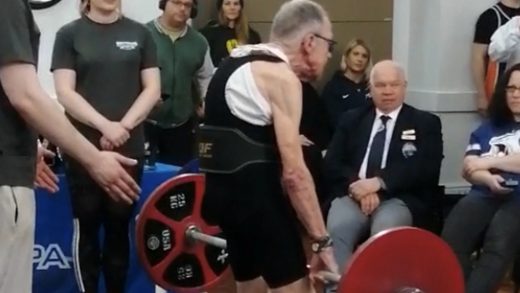
Joseph Johnson/Stuff
A unit on the grounds of Christchurch Men’s Prison was built for those under public protection orders. (File photo)
The Crown is trying to defend the use of public protection orders that can control violent and sexually violent offenders, even when their sentences have ended.
It wants a Court of Appeal ruling overturned that a public protection order imposed on a double rapist breached the Bill of Rights because it was a second penalty.
In the Supreme Court in Wellington on Monday the Solicitor-General, Una Jagose KC argued for the Attorney-General and the Department of Corrections chief executive, against the decision that the order was inconsistent with the Bill of Rights.
She said the orders were for offenders who had come to the end of their sentence and treatment had not reduced the risk they posed to the public.
READ MORE:
* Appeal against post-sentence detention upheld in human rights test case
* Lawn-mowing sex offender heads human rights test case
* Human rights test case for post-sentence detention and restrictions
* Notorious sex offender detained to protect the public
* Sex offender snared in law change challenges ‘draconian’ public protection order
This week’s hearing is the second part of a case that began last year. Since the case began the law has changed to introduce a formal process to refer declarations of inconsistency back to Parliament.
Mark David Chisnall was sentenced in Whanganui in 2006 to eight years’ jail, and then in 2009 an earlier crime caught up with him and he was sentenced in New Plymouth to another three years. Chisnall was 14 when he committed his first sexual offence at a Taranaki park in 2001.
When his sentence was about to end in 2016 the Department of Corrections asked for a monitoring order to be made, either a public protection order or a less restrictive extended supervision order with intensive monitoring for the first year.
New Zealand Parliament
A Bill to improve the court system’s response to sexual violence passed its first reading in Parliament. (first published July 2019)
Both control where the person can live and restricts their freedom of movement.
Jagose said public protection orders were therapeutic and highly individualised regimes. She conceded it was a penalty. Chisnall had stood on his rights to not allow anyone to see information about the treatment he had received and its effect on him, she said.
A public protection order, which is potentially open-ended, was imposed on Chisnall. Under the order the person lived on prison grounds and was subject to a range of rules, including being accompanied if they left the prison.
The Court of Appeal decided both types of order were inconsistent with the Bill of Rights Act because they amounted to punishing an offender twice for the same crimes. More evidence was needed to justify making the orders, the court said.
However, Chisnall consented to the less restrictive extended supervision order being imposed on him even though he said that also breached his rights.
One of the points the Supreme Court judges were grappling with on Monday was how the case was framed in the abstract without knowing how the scheme operated for Chisnall.
Jagose agreed the case may have “misfired early” as a result, but added that it was for the High Court judge who considered making a public protection order to be satisfied whether the proposed controls were justified.
The central question was whether the public protection order law could be applied in a way that complied with the Bill of Rights, she said.
One of Chisnall’s lawyers, Ben Keith, said other countries found ways of treating dangerous people without infringing their rights. The Crown did not say Chisnall or others, were untreatable.
In the circumstances it would be wrong to attempt to justify public protection orders against individuals.
As well as the Crown’s appeal against the declaration of inconsistency with the Bill of Rights, Chisnall has cross-appealed asking for declarations of inconsistency with a much broader range of rights including the right to be presumed innocent, and not to be arbitrarily detained, or have a retroactive penalty imposed, or be subject to cruel treatment.
Under the public protection order Chisnall lived at Matawhāiti, a purpose-built residence in the grounds of Christchurch Men’s Prison. He could not leave unless staff accompanied him.
The Supreme Court hearing continues on Tuesday.


